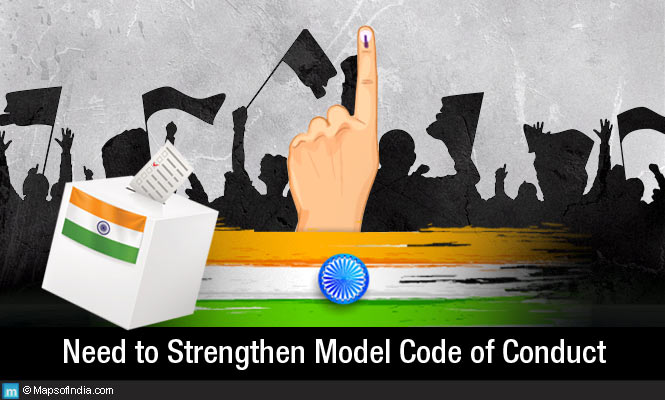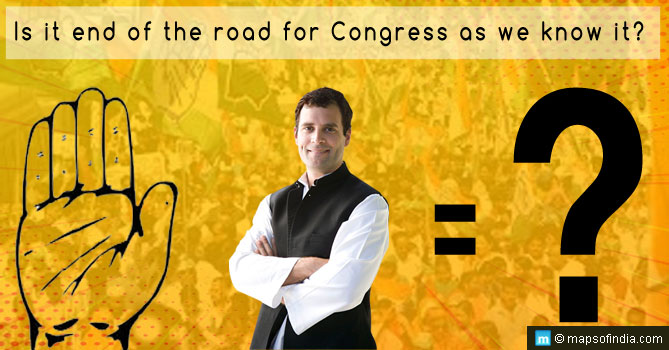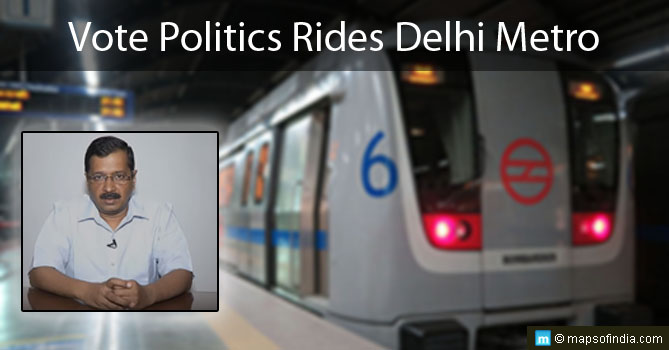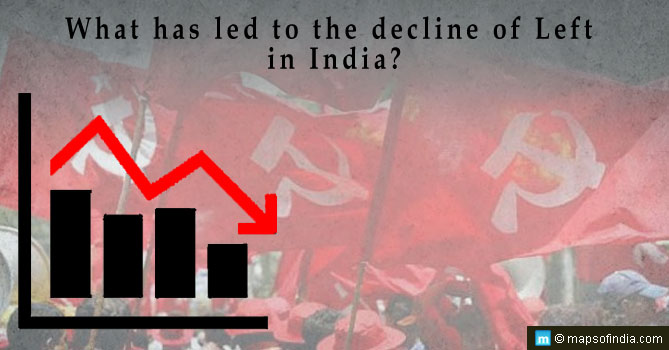 Like earlier elections, General Elections 2014 and Assembly Elections in several states including Delhi witnessed rampant violations of Model Code of Conduct (MCC) enforced by the Election Commission of India (ECI) for free and fair polls. Political parties and candidates violated the MCC with regard to funding, expenditure, publicity, personal allegations, use of unaccounted money and offering liquor to lure voters. Seizure of huge amount of unaccounted cash is a common phenomenon during elections.
Like earlier elections, General Elections 2014 and Assembly Elections in several states including Delhi witnessed rampant violations of Model Code of Conduct (MCC) enforced by the Election Commission of India (ECI) for free and fair polls. Political parties and candidates violated the MCC with regard to funding, expenditure, publicity, personal allegations, use of unaccounted money and offering liquor to lure voters. Seizure of huge amount of unaccounted cash is a common phenomenon during elections.
Model Code of Conduct
The MCC is a set of guidelines issued by the Election Commission to regulate political parties and candidates prior to elections, to ensure free and fair elections. This is in keeping with Article 324 of the Constitution, which gives the Election Commission the power to supervise elections to the Parliament and state legislatures. The MCC is operational from the date that the election schedule is announced till the date the results are declared. In a nutshell, the MCC contains eight provisions dealing with general conduct, meetings, processions, polling day, polling booths, observers, party in power, and election manifestos. The MCC is a set of instructions to political parties regarding election meetings, speeches, slogans, among others. In 2013, the Supreme Court directed the Election Commission to include guidelines regarding election manifestos, which it had included in the MCC for the 2014 general and subsequent elections.
Recent Trends
Recently, during Delhi Assembly elections, police sized huge quantity of liquor which was meant to lure voters. Moreover, the ECI was flooded with complaints of violations of MCC in terms of personal allegations, publicity material and schedule, hate speeches, among others. The Aam Aadmi Party (AAP) had complained against the BJP’s front page advertisement in various newspapers a day before polling, listing the achievements of the Narendra Modi government and asking people to vote for it in the Assembly polls. Both the parties made their argument and it was for the Election Commission to decide whether the advertisement had violated the code of conduct or not. During the Jammu and Kashmir Assembly elections, the National Conference filed a complaint against Union Home Minister Rajnath Singh for misuse of government agencies, a violation of the MCC.
The ECI recommends postponing of certain policy decisions of the government once the MCC is in place with notifications of elections but the ruling parties invariably violate this guideline.
A positive trend is also visible. Now, majority of parties are appealing to a younger generation of internet savvy voters. The Internet, as a medium to reach voters, has become a powerful tool for political parties. This digital revolution would pave way for less spending in elections and those who do not have enough money can also aspire to become a lawmaker on the basis of sheer merit.
Spending by Political Parties
Political parties spend thousand of crores during elections and escape ECI’s scrutiny as well. According to estimates, Political parties spent nearly Rs 200 crore during the recent elections in Delhi. A major part of the funds was spent by the parties, rather than individual candidates and most of it was spent on advertisements in the print and electronic media. The major areas accounting for expenditure are rallies, print and electronic advertisements. These account for over 60 per cent of the total expenditures which are put under the accounts of the parties and not individual candidates.
While the individual candidates are subject to expenditure ceiling, there is no threshold for the parties. This is a major loophole in the election law and needs to be addressed.
Violations of expenditure ceilings are rampant. A rough calculation of the number of booths in a constituency and number of supporters (paid) deployed there confirms that no candidate can meet the expenditure within the given limit and this is only one head of expenses. Candidates are violating the expenditure guidelines and the ECI would keep on looking into complaints it has received. Experts suggest government funding to curb this menace.
The Way Forward
The model code is critical to the EC’s efforts to prevent misuse of official machinery by parties in power, and to check electoral offences, malpractices and corruption during elections. Experts and the Standing Committee had recommended further strengthening of the ECI with more teeth for making the MCC legally binding. However, the ECI itself is not in favour of it. Legal processes are cumbersome and time-consuming. The most appropriate way to conduct free and fair elections is through voluntary adherence to the MCI and other guidelines. The political parties need to show maturity in terms of spending huge amount of money which can otherwise be used for the development of the country. So instead of legal activism, it would be prudent if the ECI plays a more active and interventionist role in real time during electioneering and polling. Cases of violations should be taken to logical and legal conclusion but such actions would not be a deterrent to political parties and candidates’ intent on winning an election by employing all possible legal or illegal methods.
Free and fair elections, the bedrock of democracy, will continue to be plagued by rampant violations of the MCC unless political parties, candidates, governments and predominantly voters take the responsibility on themselves to make our democracy vibrant by adopting fair means and methods.





